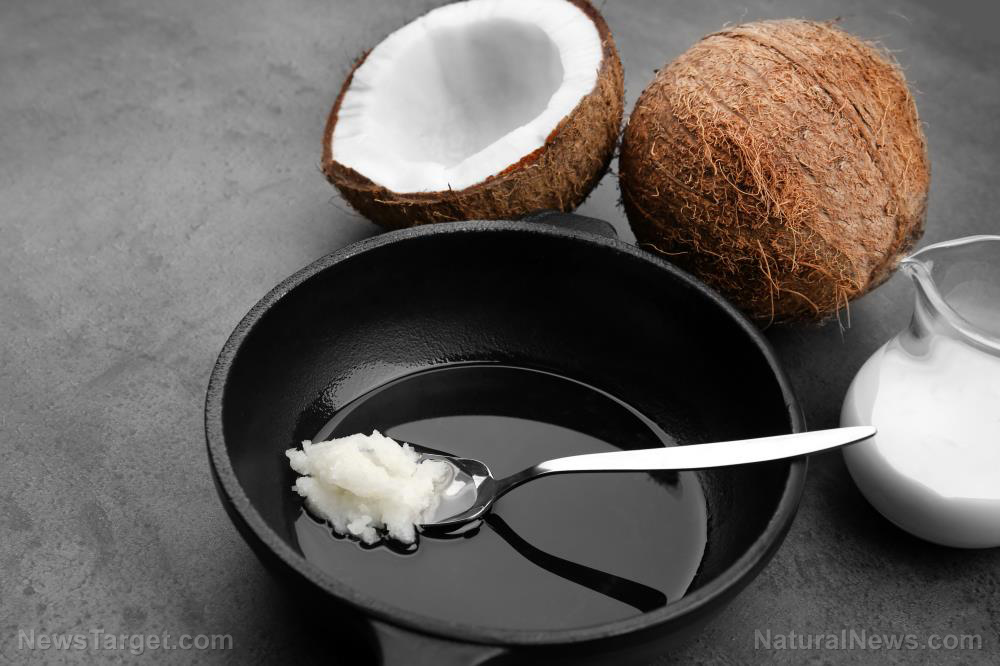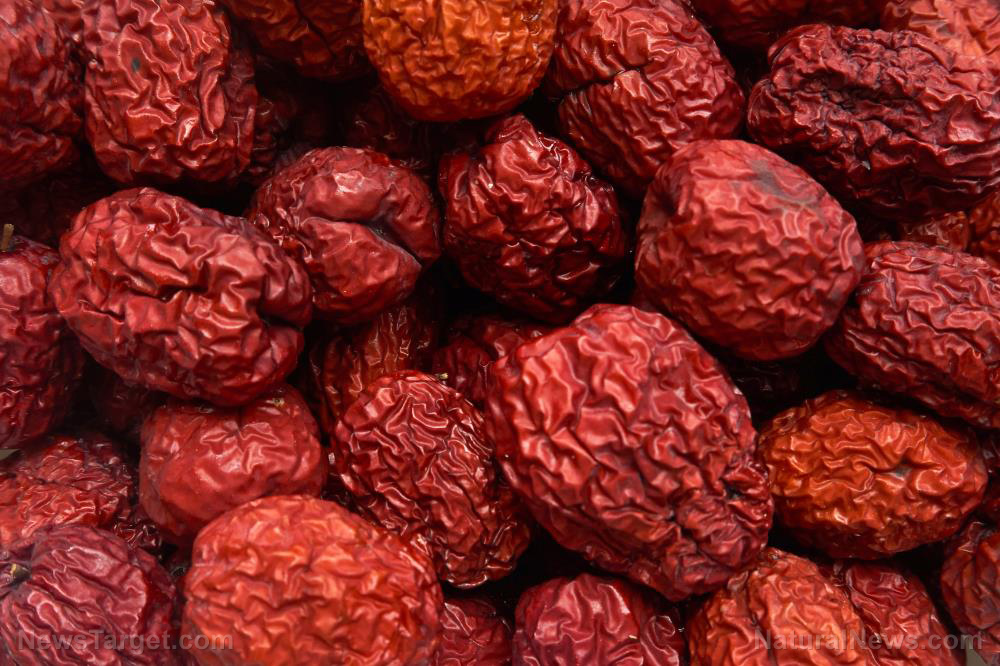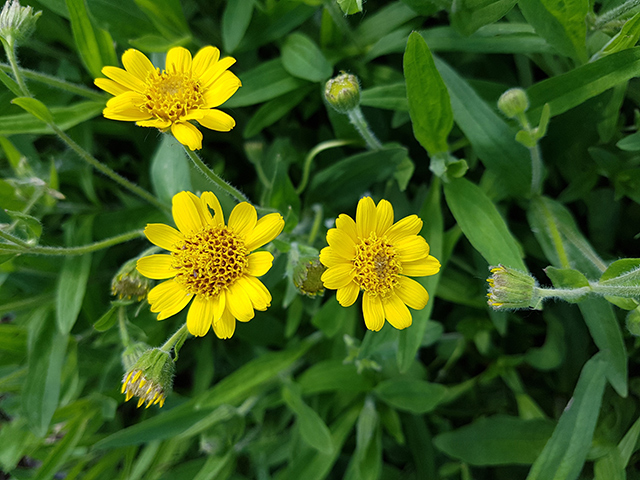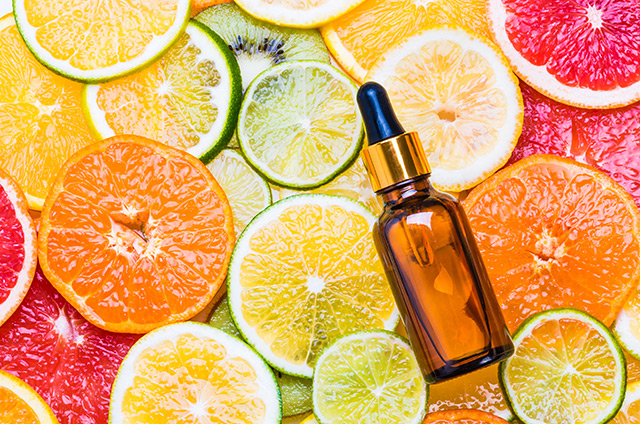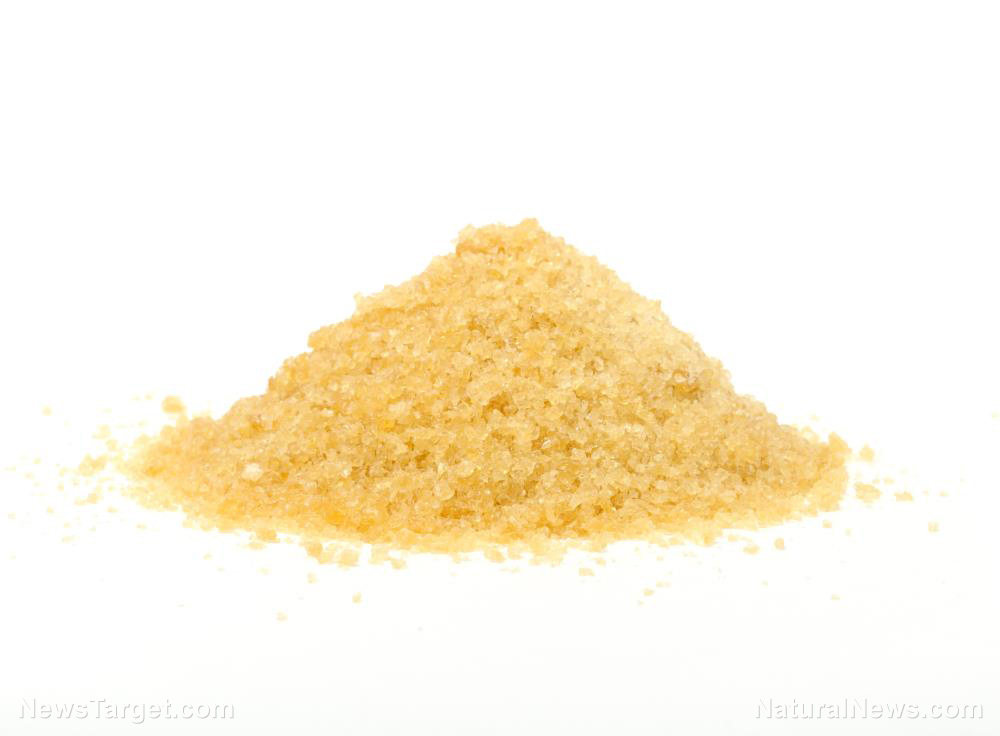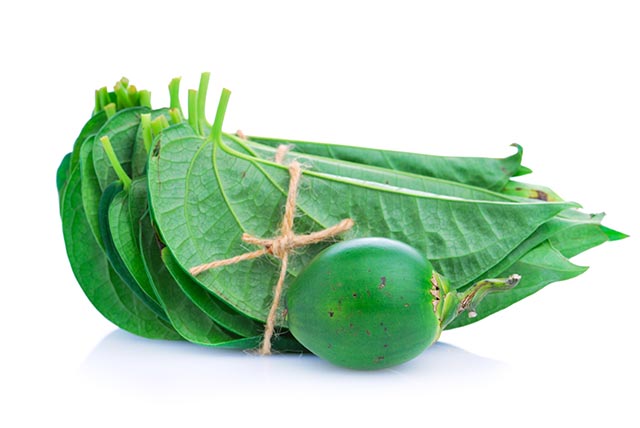You can easily prevent inflammation-related conditions with chlorella, researchers discover
01/10/2019 / By Michelle Simmons
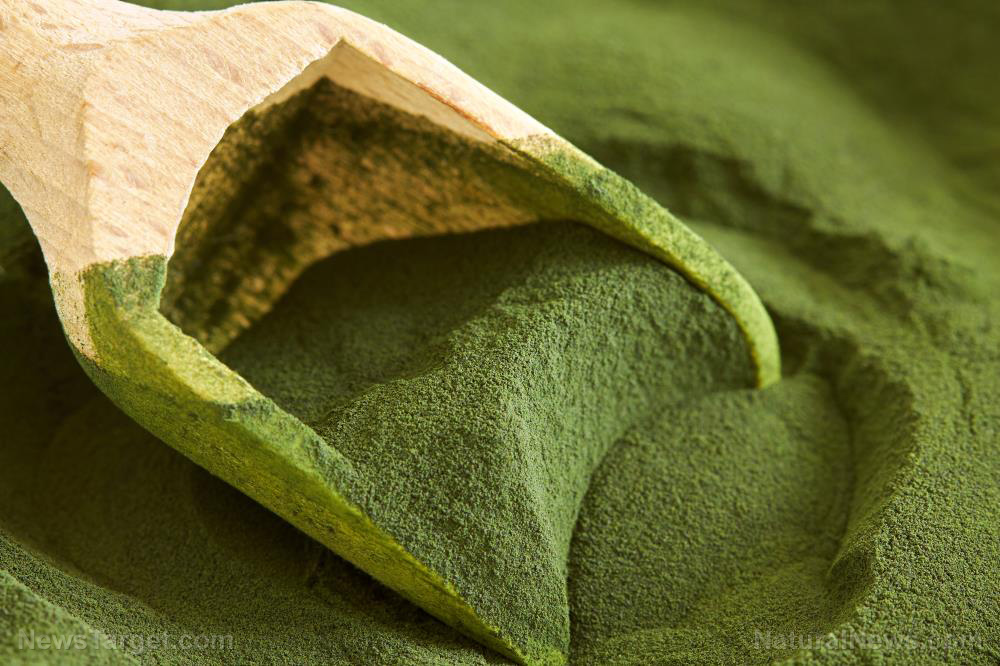
Inflammation is part of the body’s immune response. However, if it persists longer than necessary, it can damage healthy cells, tissues, and organs, leading to diseases. To prevent inflammation-related diseases, researchers in France recommend you to take chlorella. According to their study published in the Journal of Medicinal Food, this green microalgae containing many nutrients, vitamins, minerals, and chlorophyll has been found to have beneficial effects against inflammation-related diseases. In traditional medicine, chlorella has been used to manage inflammation-related diseases.
In the study, the researchers assessed the effects of chlorella on visceral pain and associated inflammatory parameters related to cystitis, an inflammation of the bladder, in mice. They caused cystitis through oral administration of cyclophosphamide. Then, the team gave mice either 250 milligrams per kilogram (mg/kg) body weight of chlorella or 500 mg/kg body weight of chlorella every day for 16 days.
Six hours after cyclophosphamide administration, the researchers measured the body temperature, general behavior, food intake, and body weight. One day after, they ran two behavioral tests on the mice to look at the influence of pain on general activity and learning activity in them.
The results of the study showed that both dosages of chlorella significantly reduced pain and associated inflammatory parameters related to cystitis. In addition, chlorella treatment improved the behavior of mice.
Based on the findings of the study, the researchers concluded that chlorella could reduce inflammation and prevent inflammation-related diseases. (Related: Chlorella premium superfood delivers potent nutrition, detoxification.)
100% organic essential oil sets now available for your home and personal care, including Rosemary, Oregano, Eucalyptus, Tea Tree, Clary Sage and more, all 100% organic and laboratory tested for safety. A multitude of uses, from stress reduction to topical first aid. See the complete listing here, and help support this news site.
Other anti-inflammatory herbs and supplements
Other than chlorella, there are many inflammatory-fighting herbs and supplements you can try. Here are some of them:
- Black pepper: Piperine, the compound responsible for making black pepper hot, is known to help improve the symptoms of various forms of arthritis. This black pepper compound also enhances the absorption of other compounds such as curcumin. About 20 mg of black pepper is needed for black pepper to be effective in reducing inflammation.
- Cayenne pepper: Chili peppers are hot because of the compound called capsaicin. This compound is a potent anti-inflammatory compound. It stops the production of substance P, which is a compound the brain produces that increases pain sensitivity. Cayenne pepper also has many antioxidants, such as flavonoids and other phytonutrients, which work at a cellular level and eliminate free radicals that can lead to cellular inflammation. To reap these benefits, take between 30 mg and 120 mg of cayenne pepper thrice a day.
- Cinnamon: Raw cinnamon has many powerful antioxidants and flavonoid that fight inflammation. Cinnamaldehyde, one of the main components of cinnamon, can inhibit certain proteins that are factors in causing inflammation. It can also prevent blood from clumping, which further helps protect against other inflammation-related diseases. Taking between one to 1.5 grams (g) of cinnamon a day is recommended. Taking more of this can result in adverse reactions or indigestion.
- Cloves: Eugenol, a compound in cloves, inhibits an enzyme responsible for causing an inflammatory response. This enzyme is the same enzyme that non-steroidal anti-inflammatory drugs (NSAIDs) target. Applying a single drop of clove oil topically can already reduce inflammation.
- Curcumin (Turmeric): Curcumin, the main component of turmeric root, is one of the most promising anti-inflammatory agents. It is especially beneficial in reducing inflammation in arthritis and osteoarthritis. When taken together with black pepper, curcumin becomes 10 times more potent and effective. The general recommended dose for curcumin is three mg/kg body weight.
- Ginger: Ginger’s anti-inflammatory effect comes from its compounds gingerol and zingerone. These compounds have been associated with reductions in many forms of inflammation, including colitis, kidney damage, diabetes, and cancer. Taking two to three grams of powdered ginger each day is safe and effective. Taking more than four grams of fresh ginger per day may cause heartburn or digestive problems.
- Sage: Carnosic acid and carnosol are two primary components in sage responsible for sage’s unique flavor and many health benefits. Sage boosts the activity of superoxide dismutase, which metabolizes and removes superoxide from the body. To reap its benefits, take between 300 and 600 mg of dried sage leaf or between four and six grams of regular, fresh leaf daily.
Read more news stories and studies on natural medicines like chlorella by going to NaturalMedicine.news.
Sources include:
Tagged Under: alternative medicine, Chlorella, cystitis, herbal medicine, Herbs, inflammation, medicinal plants, natural cures, natural healing, natural medicine, natural remedies, pain









